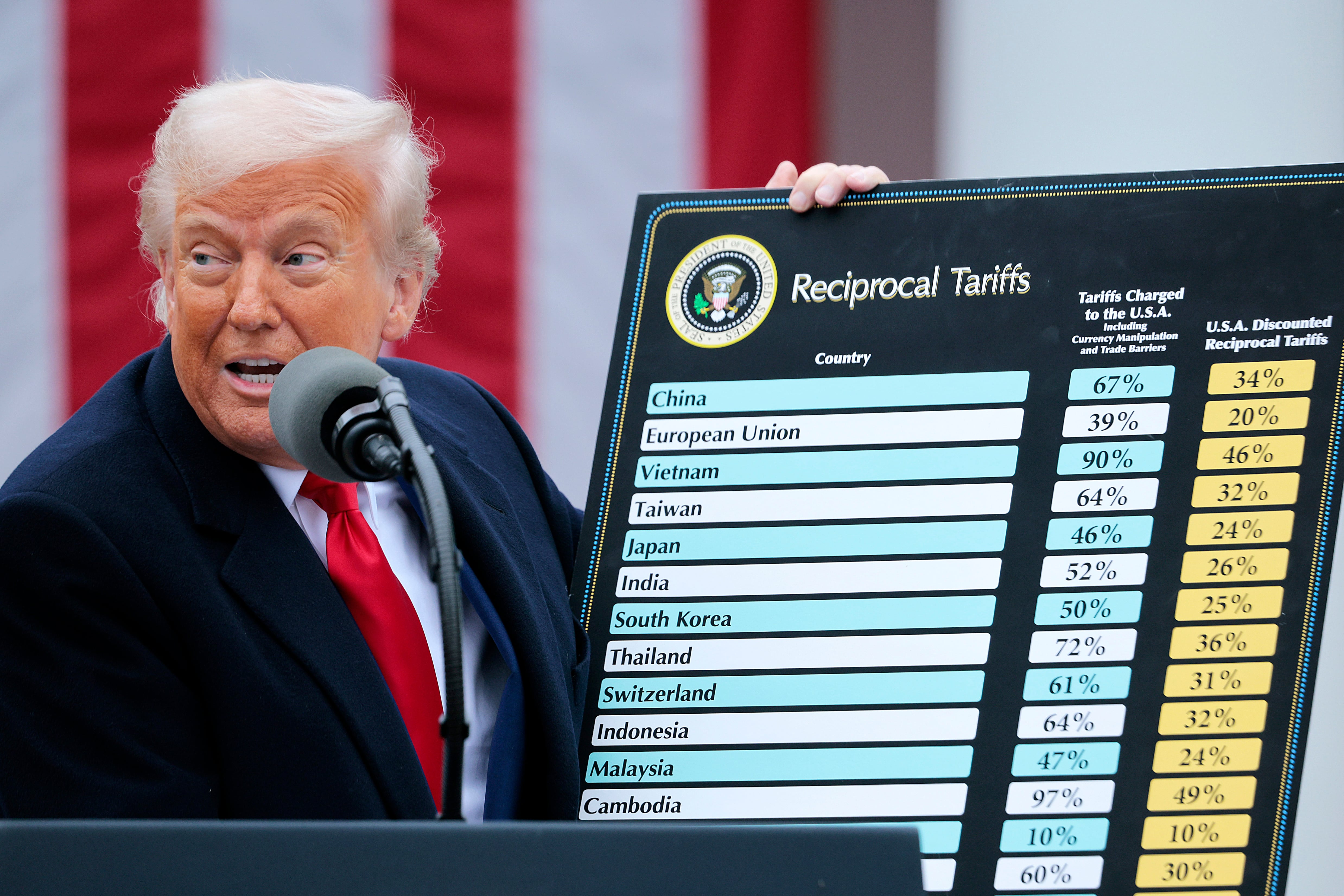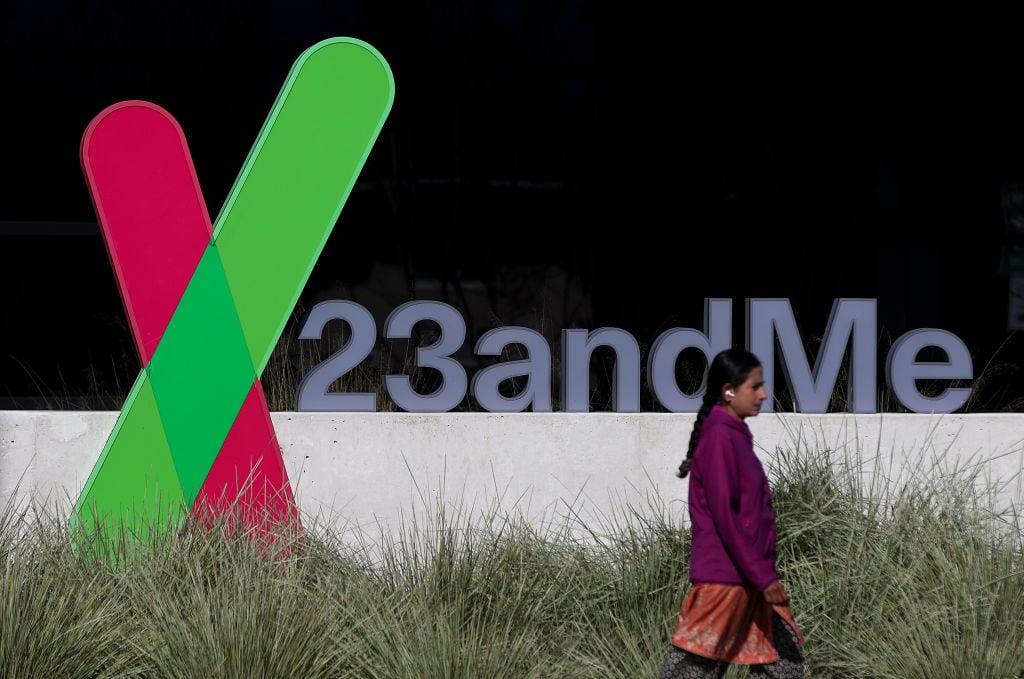*By Carlo Versano* Amazon is reportedly looking to expand its foothold in live programming, with an eye on the 22 regional sports networks that Disney ($DIS) must spin off as part of its acquisition of 21st Century Fox. CNBC first [reported](https://www.cnbc.com/2018/11/20/amazon-threat-to-buy-sports-rights-should-freak-out-media-companies.html) that Amazon ($AMZN) was a bidder for the portfolio of RSNs, which could be worth as much as $25 billion. Whether or not Amazon ultimately ends up with the channels is almost beside the point, according to analysts and reporters who spoke to Cheddar Tuesday. Tech companies encroaching on a programming segment that has long thrived on billion-dollar exclusivity deals between networks and cable companies is enough to worry any traditional media executive. Live sports is one of the few remaining strengths of the legacy media ecosystem, said Rich Greenfield, media analyst at BTIG Research. For many, sports are the only reason they haven't already cut the cord. If a big tech company were able to siphon off a large enough piece of that viewership pie, "the whole Jenga game collapses." For Amazon, it would be the extension of a grand strategy that has been both simple and consistent: drive more Prime subscriptions. Todd Spangler, an editor at Variety who covers media, said "the whole purpose here is to get you to buy more stuff." Because regional sports networks are beloved by serious sports fans as opposed to casual observers, Amazon's ownership of them could cause even the most reluctant Amazon shopper to sign up for Prime ー if that's what it takes to watch their favorite team. Still, upwards of $25 billion is a lot to spend on a "nice-to-have" feature, as Spangler said ー even for Amazon. And Greenfield pointed out that this would not be the first time a FAANG member dabbled in sports programming. Google ($GOOGL) lost out to AT&T's ($T) DirecTV for rights to the NFL Sunday Ticket in 2014 even though it was the highest bidder. And Amazon has a deal in place with the Premier League to stream games in the UK. Sports rights, among the most expensive media properties in existence, were long the holy grail for broadcast networks, and allowed cable companies like ESPN to become dominant forces in media. But as viewing habits change, tech companies, armed with cash and billions of built-in customers, could soon become the worldwide leaders. For full interview [click here](https://cheddar.com/videos/btigs-rich-greenfield-regional-sports-solves-a-problem-for-amazon).












